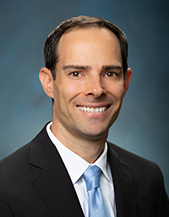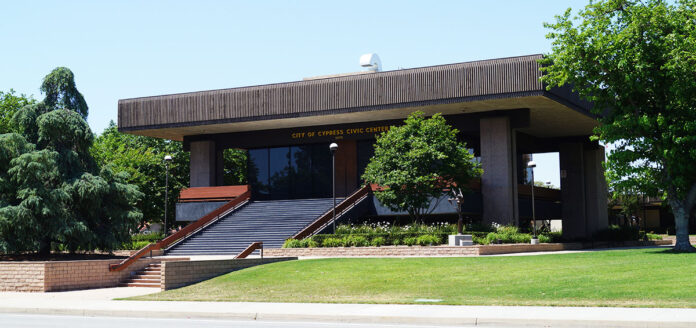The City of Cypress at their last regular meeting voted unanimously to establish pension trust goals that they hope will fully offset their $66 million pension debt by 2030.
In short, the city voted for a staff report that advocated a strategy of investing an additional $4.5 million in city funds while also tweaking the investments made with city funds to produce additional revenue to offset their growing pension liability.
According to the city’s staff report, “The City Council established its Pension Trust in 2017 to more effectively manage the City’s California Public Employees Retirement System (CalPERS) unfunded pension liabilities.”
“The City Council has contributed available cash reserves to the Pension Trust to offset the pension liabilities, and Pension Trust assets have grown to $24.3 million as of Feb. 29, 2024,” it continued.
“In September 2023, as part of a Strategic Plan objective, the City Council directed the development of a funding plan with a goal for Pension Trust assets to fully offset projected CalPERS unfunded pension liabilities by 2030.”
“I don’t know how many citizens or residents in the city realize, but our city has zero debt,” said Mayor Scott Minikus.
“With the exception of our pension fund, the city does not have a debt. And I can tell you speaking with other government bodies throughout Southern California, I would venture to guess conservatively that we’re probably one of the five cities in the entire state that can make that statement,” he said.
“While Mayor Minikus said the city doesn’t have the other kinds of debts that other cities have to deal with, $66 million is a large number,” said Council member David Burke.
Burke, an attorney, said he brought up the city’s pension debt at last fall’s workshop, saying it was the right thing to do.
“I think it’s important for two reasons. The first is to honor the commitment to our retirees; the police officers and city staff members who have worked hard for us to make sure we’re honoring our commitment to them through their pensions,” said Burke.
“And then second because it’s just the fiscally smart thing to do. You see CalPERS which administers the pensions and soon assumes an investment return of 6.8% annually. And so, if we were not making payments, and we were not earning money or earning returns on our own money, then we would be falling behind,” he said.
He thanked Mayor Pro-tem Bonnie Peat for working with him, and attending meetings with staff and others to structure a plan since the workshops.
“I want to thank our city staff. Mayor Minikus and Council member Hertz-Mallari for their contributions, along with city manager Peter Grant and Finance Director Matt Burton,” said Burke.
He also thanked Council member Frances Marquez. “This is something she brought up before I was even elected as wanting to address our pension liability.”
The staff report, which outlined the city’s investment strategy, said “an additional one-time Pension Trust contribution of $4.5 million, combined with shifting the Pension Trust balance to the Moderate portfolio, is projected to grow Pension Trust assets to $53.1 million by 2030, which would fully offset projected unfunded pension liabilities.”
Moreover, the city plans to get the $4.5 million to invest from draw-downs on existing funds, including $2.5 million from a set-aside in the General Fund for the Pandemic Recovery Plan for reclaimed water service to Arnold Cypress Park.
“The new Arnold Cypress Park features synthetic turf athletic fields, eliminating the need for reclaimed wastewater,” claims the report.

Courtesy photo
“While this project was also intended to bring reclaimed water service to Cypress, there is no expectation that reclaimed water can be extended to Oak Knoll Park given the prohibitive costs to install a pipeline from the area around Arnold Cypress Park to Oak Knoll Park and there is not an identified need for reclaimed water at passive use parks,” it said.
Regarding the Infrastructure Bank $2 million withdrawal, the staff says it will have no impact.
“Approximately $44.8 million was available in the Infrastructure Bank for future projects as of February 29, 2024, and there are no known projects that require the $2 million recommended Pension Trust contribution,” the staff report said.
In essence, the city made it clear that these projections, while underlying data predicts a high probability of achievement, reaching these investment thresholds depends on external factors.
“It is important to consider that both the estimated growth in Pension Trust assets and the pay down of unfunded pension liabilities is contingent on many long-term factors, the most significant of which is the actual annual return on investments. As such, Pension Trust assets and unfunded pension liabilities may change significantly in the short-term,” it concluded.
Further, the staff is recommending that the Pension Trust and funding plan “be reviewed every three years to assess the City’s progress.”

